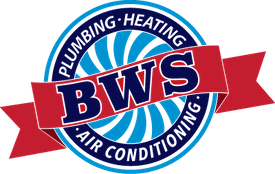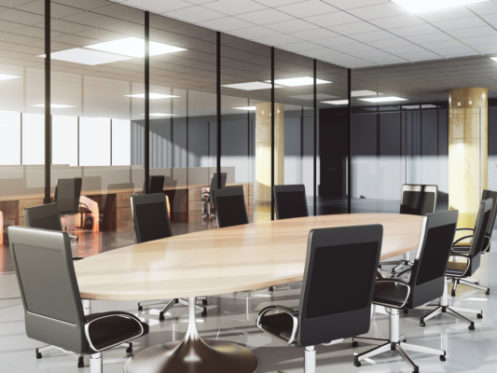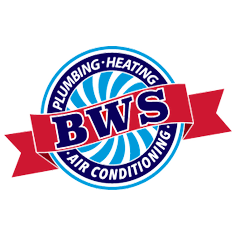Commercial buildings are a necessary part of the modern world. They provide places for people to work and businesses to operate. However, these buildings come with their own set of unique challenges, one of which is plumbing. Commercial buildings often have more complex plumbing systems than residential ones, and this can lead to a variety of issues. Here are some common plumbing problems in commercial buildings.
1. Clogged Drains
The causes of clogged drains in commercial buildings can be many and varied, but most often they are the result of a build-up of grease, hair, soap scum and sediment. When these substances become lodged in the pipes, they can block the flow of water and cause serious problems. Clogged drains can lead to sewage backups, flooding and structural damage to the building.
In addition, the clog can create an unpleasant odor and attract pests. The best way to combat clogged drains is to have a regular maintenance program in place. This should include regularly scheduled cleanings by a qualified plumber. Plus, building owners should encourage their tenants to practice good drain maintenance habits, such as not pouring grease down the drain and making sure hair is not left in sink strainers.
2. Broken Pipes
Commercial buildings are constantly putting strain on their plumbing systems. Over time, this strain can lead to broken pipes. The most common cause of broken pipes is frozen water. When water freezes, it expands and exerts pressure on the surrounding pipes. This pressure can eventually cause the pipes to burst. In addition to frozen water, broken pipes can also be caused by corrosion and wear/tear. Regardless of the cause, broken pipes can lead to serious problems. Water damage is one of the most common issues associated with broken pipes.
A broken pipe, due to poor maintenance and disrepair of plumbing systems, can cause leakage in commercial buildings. This can lead to pipes bursting, which can cause extensive damage to a building.
Also, broken pipes can result in mold growth, posing a serious health hazard. Fortunately, there are a few steps that building owners can take to prevent the problem of broken pipes. First, it is important to insulate all exposed piping. This will help prevent the pipes’ water from freezing and bursting. Moreover, regular maintenance and inspections can help identify potential problems before they become serious.
3. Water Temperature Problems
The root cause of the water temperature problem is typically insufficient insulation around pipes, which can cause water to cool too quickly as it flows through the system. This can result in lukewarm water coming out of faucets and shower heads, or even cold water during periods of high demand. In addition, water temperature problems can also lead to higher energy bills, as the building’s heating system needs to work harder to maintain comfortable temperatures.
There are a few different ways to solve water temperature issues in commercial buildings. One is to add additional insulation around the pipes, which will help to keep the water warmer for longer. Another is to install recirculating pumps, which will help to circulate hot water throughout the system more effectively. Finally, installing thermostatic mixing valves can also help to ensure that water temperatures remain consistent throughout the building.
4. Sewage Odors
The most common cause of sewage odors is a blockage in the sewer line. When waste cannot flow freely through the sewer line, it can cause a build-up of gases that emits an unpleasant odor. Also, sewer-line leakages can cause sewage backups, which can contaminate the water supply and create a foul odor. This can be a problem for businesses because it can make the workplace unbearable for employees and customers alike. In severe cases, sewage odors can also pose a health hazard.
Fortunately, there are a few things that business owners can do to fix this problem. First, it is important to have the sewer line cleaned regularly. This will help to prevent blockages and mitigate the smell. Additionally, business owners can install air fresheners or odor-neutralizing products in the affected areas.
5. Leaking Faucets
The causes of leaking faucets vary, but the most common culprit is old or worn-out washers and gaskets. Over time, these components can become brittle and allow water to seep through the holes. Also, loose connections can lead to leaks. If a pipe is not properly connected to the faucet, it can create gaps that allow water to escape. The problem with leaking faucets is that they can waste a lot of water and, thus, increase your water bill.
Leakage can also occur when pipes are not properly installed, such as when they are too small for the water pressure in a building. In addition, leakages can be caused by faulty valves or fittings.
There are several ways to prevent the problem of leakages in commercial buildings. One is to install pipes that are properly sized for the water pressure in a building. It is also important to install quality valves and fittings that will not fail. Finally, it is important to have a professional plumber on call in case of a leak.
In addition, the problems caused by leakages can be very costly. A leaking faucet can also cause damage to your floors and walls if it is left unrepaired. Commercial building owners should have their pipes inspected regularly by a qualified plumber. They should also make sure that their pipes are made from corrosion-resistant materials. Finally, they should consider installing an automatic shut-off valve that will stop the water flow if a leak is detected.
6. Leaky or Broken Septic Tanks
Septic tanks are usually located underground, and they are used to store sewage and wastewater. Over time, the tanks can become damaged or cracked, which can allow sewage and wastewater to leak into the ground. This can cause serious environmental problems, as well as significant damage to the foundation of the building. In some cases, it may even lead to the collapse of the septic tank itself. A professional plumber will be able to assess the situation and determine the best course of action to take. In most cases, they will either need to repair the tank or replace it entirely.
7. Faulty Shut-Off Valves
In most cases, faulty shut-off valves are caused by a build-up of lime deposits. When water sits in the valve for too long, these deposits can harden and prevent the valve from closing properly. As a result, water can leak through the valve and cause significant damage to the surrounding area.
Contact Professionals Today!
At BWS Plumbing, Heating & Air Conditioning, we offer a wide range of plumbing, heating and cooling services to the Twin Cities and surrounding areas. We also offer financing options to make our services more affordable. We believe that everyone deserves to live in a safe and comfortable home, and we are committed to helping our customers achieve that goal. Call us today to learn more about our services.



